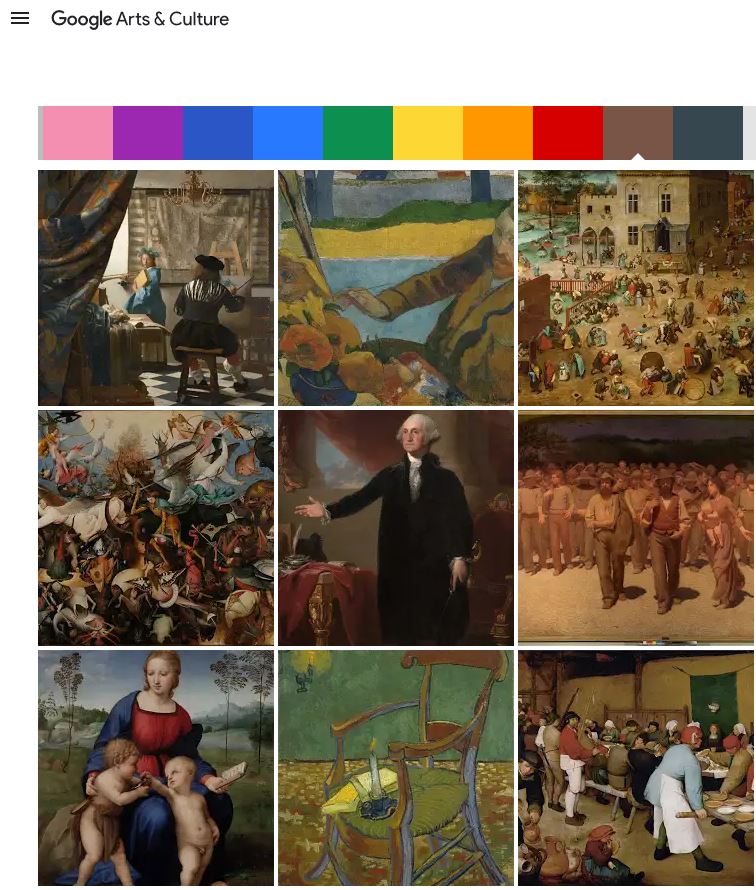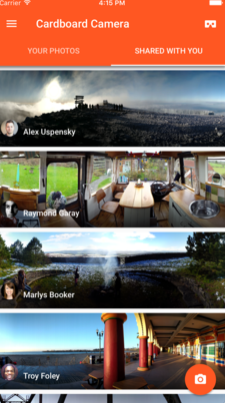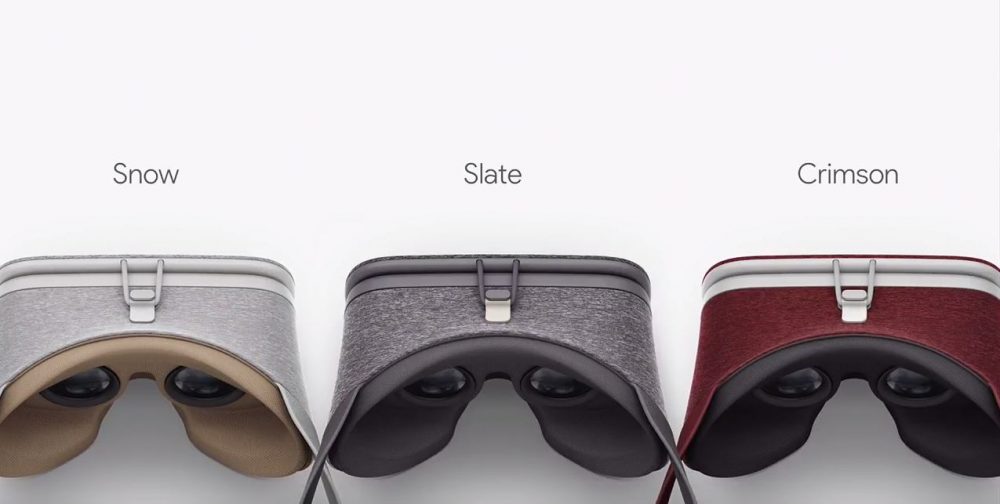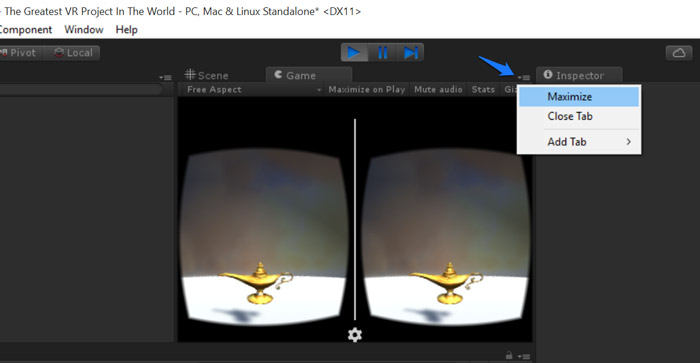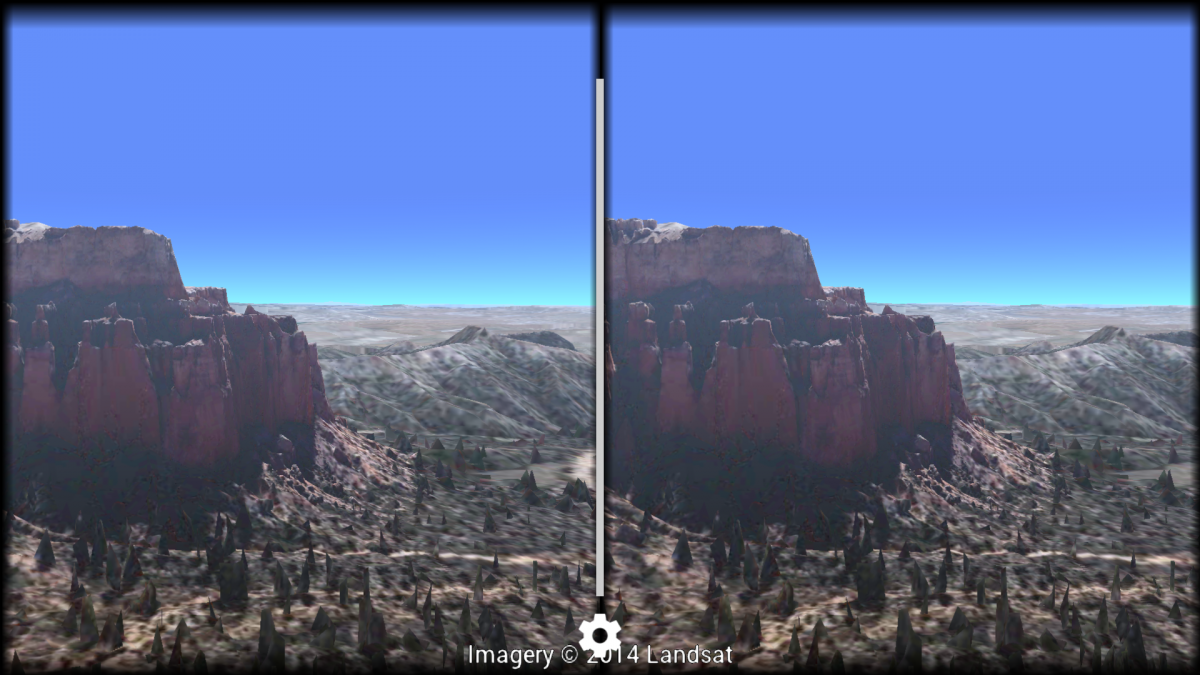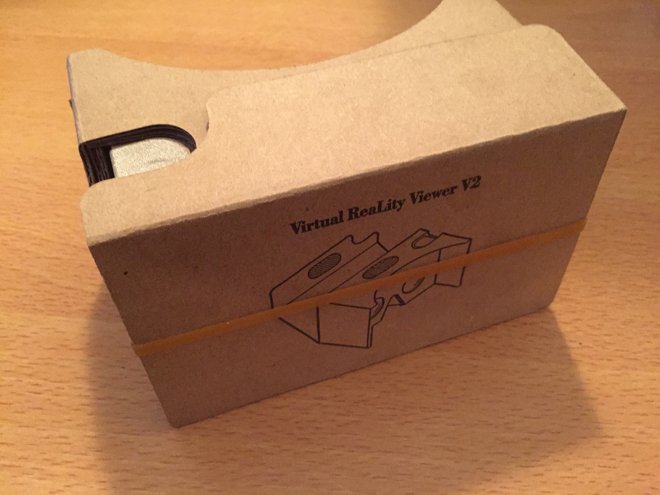Views :
684





3Dprinting (172) A.I. (660) animation (334) blender (194) colour (225) commercials (46) composition (150) cool (358) design (627) Featured (65) hardware (302) IOS (109) jokes (134) lighting (278) modeling (116) music (183) photogrammetry (171) photography (744) production (1233) python (84) quotes (485) reference (305) software (1319) trailers (295) ves (522) VR (219)
Search results for: “google”
-
Cloud computing – AWS vs AZURE vs GOOGLE
www.otava.com/reference/aws-vs-azure-key-differences/
www.edureka.co/blog/aws-vs-azure/
www.quora.com/What-are-the-major-differences-between-AWS-Azure-and-Google-Cloud
Google usually gives the biggest bang for your buck, but is not strong in all fields.
Azure will probably fit best if you are already using a lot of Microsoft products and Windows.
AWS is most mature, has the most flexibility, the best console, but it’s VM’s are less powerful or just more expensiveAmazon AWS
– Offers the most infrastructure as a service offerings such as low level computing (EC2), storage (S3), VPC (networking), database (RDS) with support for various operating systems (Windows, Many Linux flavors) with a vast 3rd party marketplace called AWS Marketplace where vendors provide their add-ons.
– Pioneer for serverless computing with Lambda, and now Fargate/Elastic Kubernetes Service.
– While Amazon has more product and feature offerings, it requires professional setup to operate & maintain. AWS gives you building blocks, it is up to you to build it together.
– According to Marketing Intelligence for Cloud Service Providers | Intricately there are over 1MM customers making it one of the most popular computing platforms to date: Intricately
– Price is similar to MicrosoftMicrosoft AZURE
– Supports both Windows & Linux workloads, with a very deep integration into Microsoft’s developer ecosystem with Visual Studio, .NET etc. If you are an MSFT developer, Azure is an easy way to get your application deployed.
– Price is similar to AWSGoogle
– The newest entrant to the market, offers mostly Platform as Service offerings like Machine Learning as a Service, Kubernetes as a Service etc. However, Google does not offer as many product offerings.
– Google pioneered Kubernetes and is the leader in terms of delivering a truly managed Kubernetes experience
– Price can be cheaper than AWS and Microsoft due to the PaaS nature of the product, may require less building.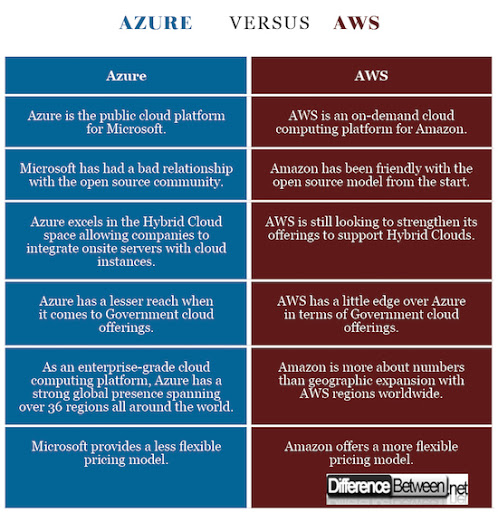
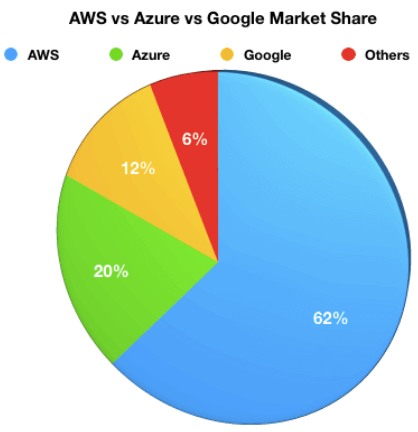
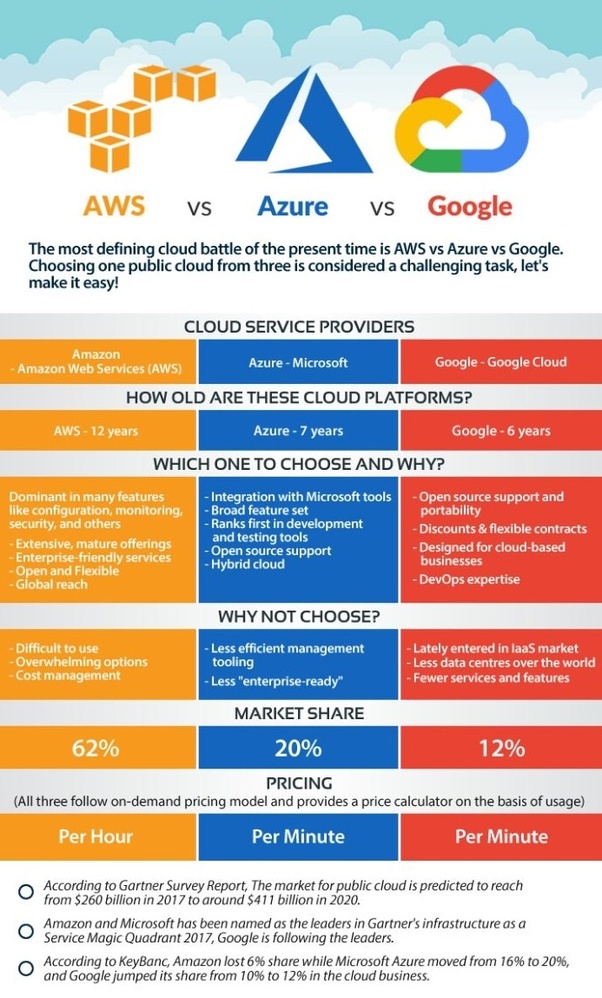
-
Google Blocky educational visual programming for Python, Javascript, PHP, LUA, Dart
Blockly is a client-side library for the programming language JavaScript for creating block-based visual programming languages (VPLs) and editors. It is a project of Google and is free and open-source software released under the Apache License 2.0.
developers.google.com/blockly/guides/overview
-
Watch Google’s Stadia Event In 5 Minutes
EDIT 20220929: Google to close Stadia cloud service and refund gamers
https://www.bbc.com/news/technology-47634263
If it does indeed go for a subscription model, Google has some important decisions to make about how will dish money out to publishers.
On YouTube, one of the stats that determines how much ad revenue creators get is “minutes watched”. In gaming, “minutes played” could lead to some developers introducing gameplay mechanics that are counter-intuitive to a good time, but vital if they are to gain income.
Or, developers might have to make up the loss of funds by encouraging players to pay for additional items to progress more quickly, in a far more aggressive manner than console gamers are used to today.
The ad-laden, endorphin-pumping, lootbox-peddling mobile gaming industry might be considered the canary in a very miserable coal-mine, here. Paying for a games console, and its games, may not be such a bad thing after all.
-
Google Spotlight Stories Shuts Down
www.cartoonbrew.com/vr/breaking-google-spotlight-stories-shuts-down-171383.html
It marks the end of an era when tech companies invested heavily in vr animation content with open-ended non-monetary goals to develop the technology. Facebook, too, launched a similar initiative — Oculus Story Studio — which it shuttered in May 2017.
-
Google Street View Hyperlapse
All Google Street View imagery captured using hyperlapse.tllabs.io. Source code available at github.com/TeehanLax/Hyperlapse.js.
Read the full story: teehanlax.com/labs/hyperlapse/
COLLECTIONS
| Featured AI
| Design And Composition
| Explore posts
POPULAR SEARCHES
unreal | pipeline | virtual production | free | learn | photoshop | 360 | macro | google | nvidia | resolution | open source | hdri | real-time | photography basics | nuke
FEATURED POSTS
-
NVidia – High-Fidelity 3D Mesh Generation at Scale with Meshtron
-
59 AI Filmmaking Tools For Your Workflow
-
Photography basics: Exposure Value vs Photographic Exposure vs Il/Luminance vs Pixel luminance measurements
-
Photography basics: Solid Angle measures
-
Rec-2020 – TVs new color gamut standard used by Dolby Vision?
-
Emmanuel Tsekleves – Writing Research Papers
-
Top 3D Printing Website Resources
-
Yann Lecun: Meta AI, Open Source, Limits of LLMs, AGI & the Future of AI | Lex Fridman Podcast #416
Social Links
DISCLAIMER – Links and images on this website may be protected by the respective owners’ copyright. All data submitted by users through this site shall be treated as freely available to share.

